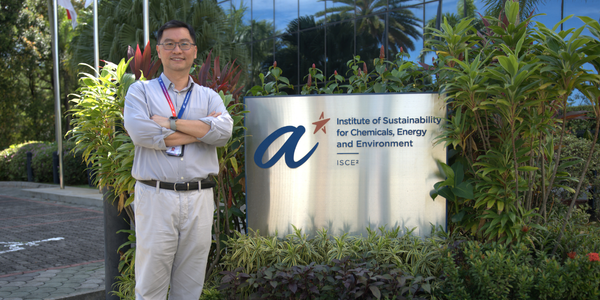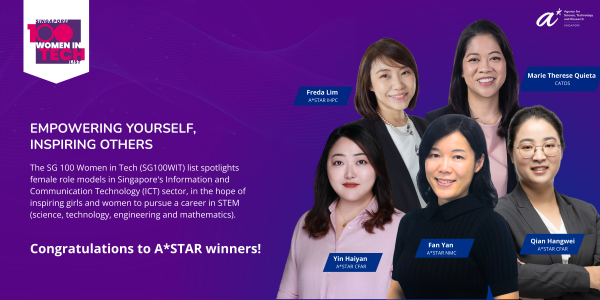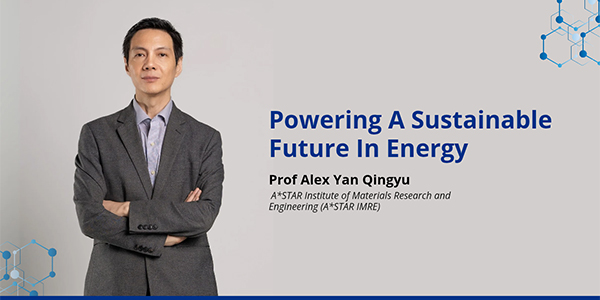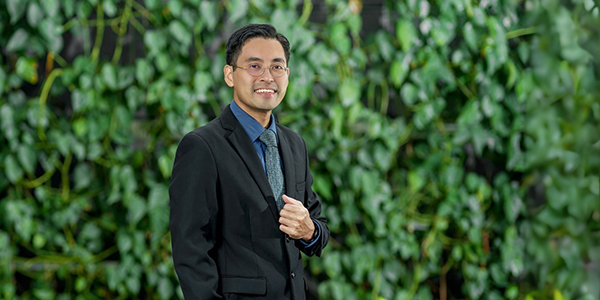FACES OF A*STAR
Embracing the Joy of Endless Learning: Dr Stacey-Ann Lee's Research
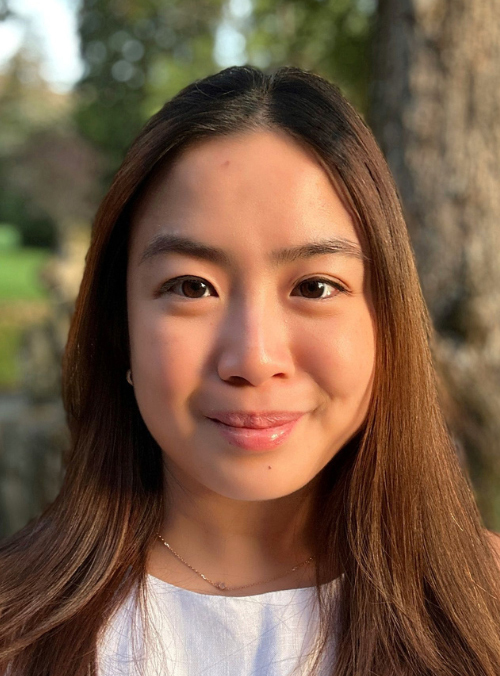
In the ever-evolving world of scientific research, adaptability is key. Dr Stacey-Ann Lee, a Scientist at the A*STAR Infectious Diseases Labs (ID Labs), embodies this spirit of continuous growth and discovery.
A recipient of the National Science Scholarship (NSS), Dr Stacey-Ann Lee's research delves into antimicrobial-resistant bacterial infections, with a special focus on Asian strains of Klebsiella pneumoniae, notorious for causing severe liver infections in the region. Read on to discover more about her groundbreaking research and inspiring journey as a scholar!
Q1: What inspired you to pursue a career in infectious disease research, and what keeps you motivated in this field?
I've always been excited by the thrill of discovery and challenged by unanswered questions. During my undergraduate studies, I was exposed to many fields of science, but it was the interplay of infection and immunity that truly captivated me. Through my internships, I worked on a variety of diseases ranging from urinary tract infections to African sleeping sickness, which introduced me to the diverse contexts and impacts of infectious diseases. These experiences also highlighted the need for multi-disciplinary solutions to tackle such complex problems, where collaboration across different scientific fields is crucial to advancing our understanding and developing effective treatments.
What I find most rewarding about this field is its direct link to clinical disease and practical solutions. As a postdoctoral research associate at Imperial College London, I worked on actual patient samples from a large multi-centre clinical trial on tuberculous meningitis, a very serious infection with up to a 30% death rate. This experience highlighted how crucial our work is to understanding how these diseases work and the impact we can have in advancing treatments and finding new solutions. It’s this mix of discovery and real-world impact that keeps me going.
Q2: What do you hope to achieve through your research?
At ID Labs, my work focuses on Klebsiella pneumoniae, a critical multidrug-resistant pathogen identified by the World Health Organisation (WHO). We specifically study hypervirulent strains prevalent in Asia, which cause severe, hard-to-treat liver infections. Notably, in Singapore, these hypervirulent strains are responsible for 76% of bacterial liver abscesses.
My research seeks to understand how these bacteria colonise and damage different body sites, aiming to discover new drug targets and improve treatment strategies. We hope that this will pave the way for breakthroughs in diagnostics or treatment which will ultimately improve patient outcomes.
Q3: How did the A*STAR scholarship support you in your scientific career?
The A*STAR scholarship has really enabled my entire scientific career. It wasn't just about financial support; it opened doors to a wealth of opportunities that I might not have otherwise considered or encountered. Thanks to the scholarship, I was able to train at world-class institutions, leading me to discover my passion for infectious diseases.
Beyond the financial aspect, the mentorship, high-quality science, and collaborative environment at A*STAR have been invaluable. Working alongside amazingly hard-working and talented colleagues has sharpened my research skills and inspired me to pursue excellence in all my scientific endeavours.
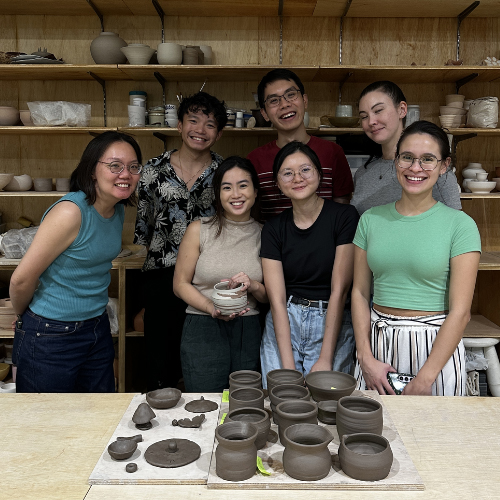
Q4: What advice would you give to someone considering a career in research?
A research career can be incredibly rewarding but challenging as well. Internships are essential to see if you truly enjoy it — and please be honest with yourself if it’s not for you! Mentorship is also crucial at every stage, from imparting basic lab skills to providing big-picture career advice.
Maintaining balance is essential, so having hobbies and connections outside of work is important. For me, ceramics has been a great outlet. I started it during my PhD and am still doing it today—it’s a tactile, messy hobby that forces me to focus on the clay instead of my ever-growing to-do list. Many of us care deeply about our work, but it’s vital that you’re growing and developing as a whole person, not just as a scientist. This is critical for sustaining a long-term career in research.
Was this article helpful?
A*STAR celebrates International Women's Day

From groundbreaking discoveries to cutting-edge research, our researchers are empowering the next generation of female science, technology, engineering and mathematics (STEM) leaders.
Get inspired by our #WomeninSTEM

